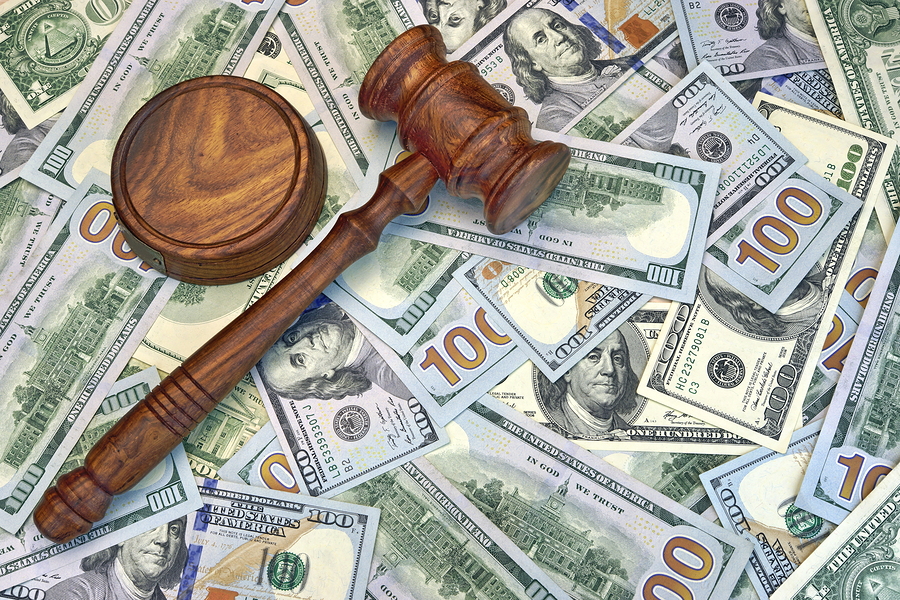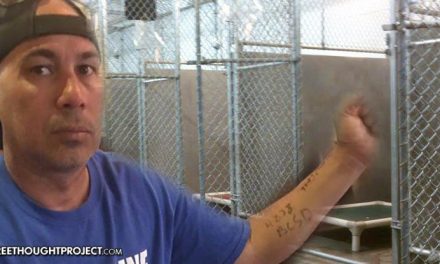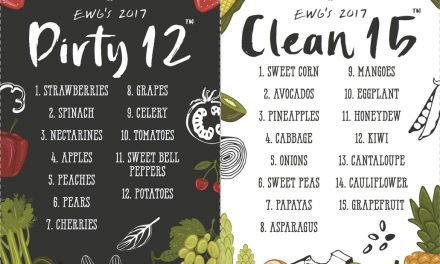On Wednesday, a judge in San Francisco judge announced that she is “considering tossing out the lion’s share of the $289 million judgment against agribusiness giant Monsanto and ordering a new trial over whether the company’s weed-killer caused a groundskeeper’s cancer.” 1
“The San Francisco jury in August said Monsanto knew, or should have known, its best-selling Roundup weed-killer causes cancer and hit the company with $250 million in punitive damages, which are designed to punish companies who act recklessly. The jury also awarded DeWayne Johnson $33 million in so-called “pain-and-suffering” damages and $6 million in actual damages.
But Bolanos issued a written tentative ruling ahead of the hearing saying she intended to strike down the punitive damages and schedule a new trial on that issue.
During the hearing, Bolanos also said she was troubled by the $33 million in “non-economic” pain-and-suffering damages the jury awarded. Johnson’s lawyer argued for $1 million a year for the next 33 years. But Monsanto’s lawyers argued that Johnson is expected to live for two more years — an argument that appeared to resonate with Bolanos who mulled out loud about fashioning an order reducing the entire verdict to under $9 million.”2
And in case you are wondering how on earth Monsanto deserved a new trial, the judge clarified; during the hearing, Brent Wisner (one of Johnson’s lawyers) -despite the judge’s order not to- “compared Monsanto to tobacco companies and said company executives would be drinking champagne in their boardroom if the jury sided with the St. Louis-based company.” 3
RELATED STORY:
And for that, Bolanos thinks a new trial might be in order.
But another of Johnson’s lawyers, Michael Miller, disagreed saying, “The jury did not miscarry justice. Its decision was unanimous it should be respected.”4
Bolanos also wrote in her tentative ruling that Johnson:5
- failed to produce “clear and convincing evidence of malice or oppression by Monsanto.”
- and that he did not provide any evidence that Monsanto employees believed that exposure to the product caused his lymphoma.
As you may have assumed, Monsanto and other government regulators have continuously rejected a link between glyphosate and cancer, citing “hundreds of studies” which have supposedly established glyphosates safety.
RELATED STORY:
Thankfully, San Francisco Superior Court Judge Suzanne Bolanos still has not formally ruled yet (she is expected to rule this week). But make no mistake, with thousands of similar cases across the country set to go to trial, the world is watching.












